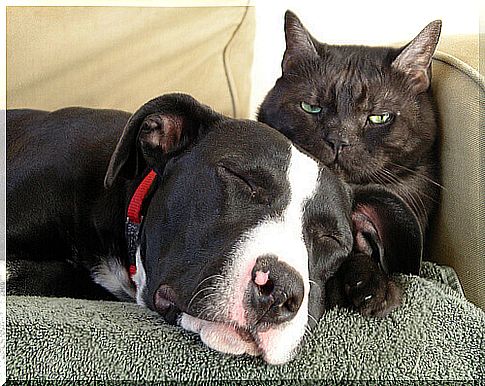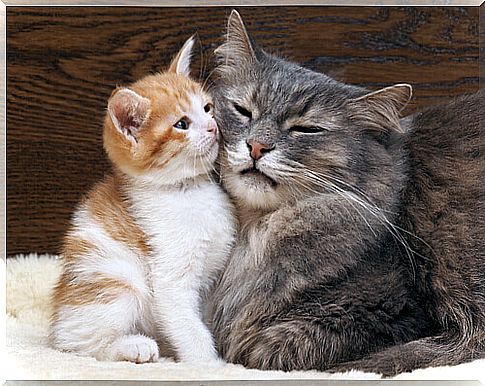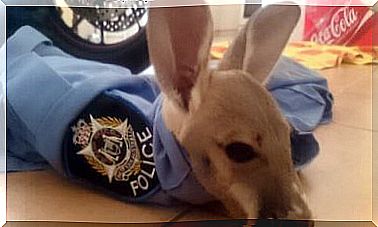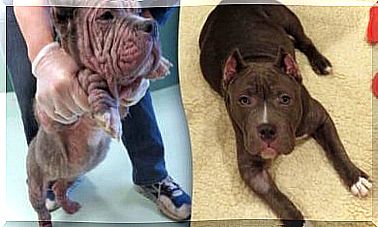The ABC Of Animal Vaccines

One of the biggest concerns of people who adopt a pet is knowing how to correctly follow the protocol of vaccines in animals. Is that dogs, like cats, are very easy to contract infections and diseases because they are exposed to the outdoors. If you want to know what to do about this issue with your new puppy, be it dog or cat, stay with us.
We, in My Animals, will tell you what and how to do it. But first let’s look at why vaccines are needed.
What are vaccines?
It’s an injection of dead microorganisms that triggers an autoimmune response in your pet. That is, it is a way to prepare them for infections or some illnesses that they may have in the future and that are already known by the existing knowledge about each species of animal and its frailties.
What types of vaccines are there?
Animal Vaccines: Dogs

While the veterinarian will determine the pet vaccination schedule, let’s list some of the more common ones.
- Kennel cough. This will be one of the first vaccines that should be given to a dog, to be more precise between 15 and 30 days of your dog’s life. This vaccine is not mandatory for all dogs (ask your veterinarian), but it will be particularly necessary for those dogs that will live with or will be in contact with others.
- Parvovirus and canine distemper. These vaccines are essential to protect your pet’s health and life. The first dose will be given between 45 and 50 days. The second between 60 and 65 days and the last dose at 75 days. However, these vaccines will be given twice a year for the rest of your pet’s life.
- Rabies vaccine, anti-rabies, will be given 100 days after the birth of your puppy and will have to be reapplied every year.
- Compound for different diseases. This vaccine is made up of different microorganisms that will have the ability to fight various diseases, such as: canine flu, hepatitis, coronavirus and leptospirosis. The first dose is administered at 60 days, the second at 75 and then once a year for the rest of the dog’s life.
Animal Vaccine: Cats

These are the necessary and mandatory vaccinations you should give your cat:
- The triple feline vaccine. This is a mandatory vaccine that should be given to your cat at 3, 6 and 12 months of age and should be repeated every year. She has the ability to fight these three diseases:
- Feline Viral Rhinotracheitis;
- Feline Calcivirus;
- Feline Panleukopenia.
- Leukemia is a very common disease in felines, but it can be prevented through vaccines and will help protect your pet’s health. It should be applied at 4 and 5 months of life and then at 17 months. But each year a dose should be administered.
- Anti-rabies. This will be applied at six months of life and then should also be reapplied every year.
These are the most important vaccines that your pet, dog or cat, will need, although as we have already told you, your veterinarian will dictate the procedure to be followed regarding animal vaccinations.
Having a pet is more than meeting physical needs in terms of food and water, it’s taking care of it, being its protector, and vaccinations play a very important role in that.
Don’t let it take too long after adopting a puppy before taking it to the vet. The professional will tell you which vaccines are best for your pet. While this comes at an additional cost that you might not have counted on, it will help keep your new friend healthy and will also avoid major veterinary worries and expenses in the future.









